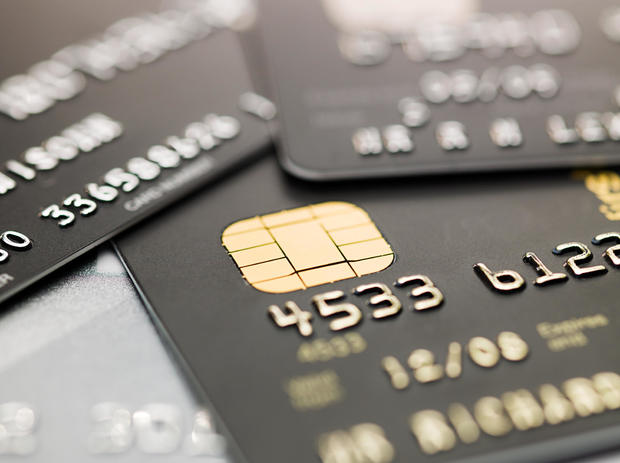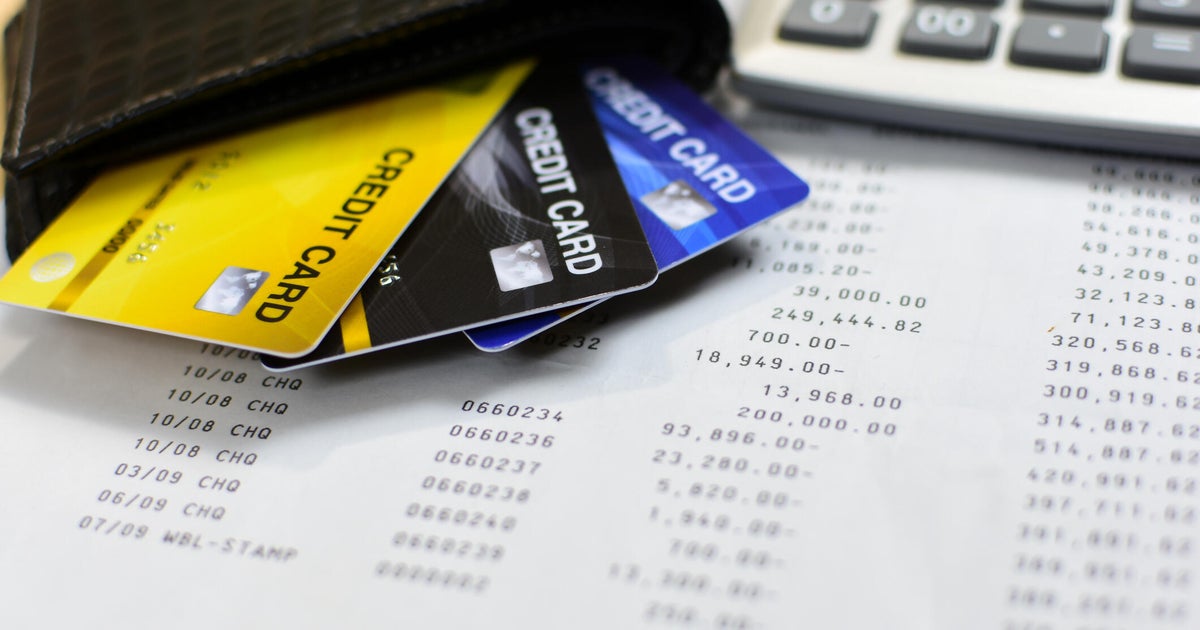Need your credit card debt to be written off? 3 options to consider
Although the latest inflation data shows signs of easing, the Federal Reserve has not budged on interest rates in nearly a year. That means that many Americans who went into debt, such as due to inflation eating into their budgets or due to spending mistakes, continue to face high interest rates that make it difficult to right the ship.
Indeed, credit card delinquencies have been on the rise in the US since the end of 2021, according to the New York Fed. Overall, more than 10% of credit card balances are 90+ days delinquent. Those with maxed-out credit cards are particularly likely to face this problem — around one-third of those with a credit card utilization rate of 90% to 100% are delinquent.
But even when faced with what seems like insurmountable credit card debt, there are likely some options at your disposal that can either cause some or all of your debt to be written off, or you might find ways to better manage the debt payments.
Find out what your top credit card debt relief options are here.
Need your credit card debt to be written off? 3 options to consider
Some options to consider include the following:
Negotiate with credit card companies for better terms
One option that doesn't necessarily reduce your debt but can make repayments easier is to negotiate with your credit card company directly to see if you can work out an arrangement, like a payment plan, that can get you back on track.
If you want to avoid hurting your credit and are sure you can pay off the debt in the long run, this is your best option, says Gabe Kahn, director of credit at Arro. You could negotiate with the help of a credit counselor or on your own, he adds.
"This can be an opportunity to waive interest and fees, lower your minimum payment, and spread out the payments over a longer period to give you more time to repay. While it may not reduce your debt load as much as other options, it is also the likeliest to maintain or even improve your credit score in the long run if you believe you'll have the means to repay," explains Kahn.
Learn more about how the right debt relief company could benefit you.
Reach a debt settlement
Beyond basic negotiations like a payment plan or waiving a penalty, you might work out a more structured debt settlement.
"You can do this either by working with the lender yourself or by going through a third-party" debt relief service, says Kahn. "In these cases, it may be possible to write off some of your debt to reduce the principal that you owe, but there are downsides to this as well."
"You often have to go delinquent on your debt first in order to negotiate a settlement, which can hurt your credit score. Also, not all third parties are effective or legitimate and you may end up paying them money without getting results," he explains.
Still, this can be less extreme than bankruptcy.
"Both debt settlement and bankruptcy negatively impact your credit score, but debt settlement can provide a softer landing. This is because debt settlement doesn't completely absolve a debt, it provides a process for negotiating payment of a percentage of the outstanding debt," says Daniel Cohen, founding partner at Consumer Attorneys.
File for bankruptcy
Filing for bankruptcy is also an option to consider if you want to have credit card debt written off.
"Just like a company, any individual can file for bankruptcy if they have insolvency issues. Specifically, Chapter 7 bankruptcy can write off most unsecured debts, while a Chapter 13 bankruptcy creates a repayment plan to pay off your debt in a longer term — for example, three years," says Zhexu Edward Ai, Ph.D., assistant professor of finance, Wagner College.
Although bankruptcy may be the most effective at clearing debts, it can also have significant downsides.
Bankruptcy "is a much harsher option," says Cohen. Chapter 7, which could enable you to write off credit card debt, negatively affects your credit for 10 years typically. And Chapter 13 generally stays on your credit report for seven years.
"Bankruptcy indicates a fundamental inability to repay debts. Of course, sometimes it is still the best option for someone in a dire financial situation, but it should be an option of last resort," adds Cohen.
The bottom line
Trying to negotiate with credit card companies, reach a debt settlement, or file for bankruptcy can all help when it comes to solving credit card debt, and they each have their pros and cons. You have to weigh factors such as the impact on your credit and your ability to repay the debt. Also, consider if other solutions like debt consolidation — e.g., taking out a personal loan to pay off credit card debts and then having one lower-rate loan — would provide the debt relief you're looking for.




